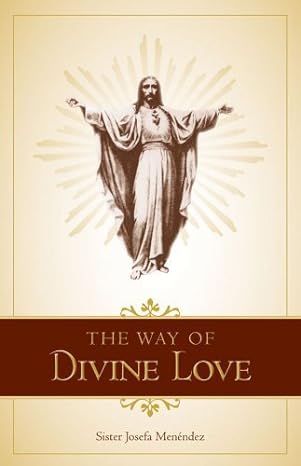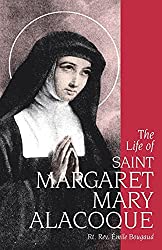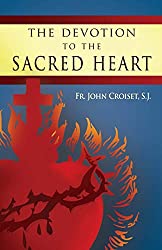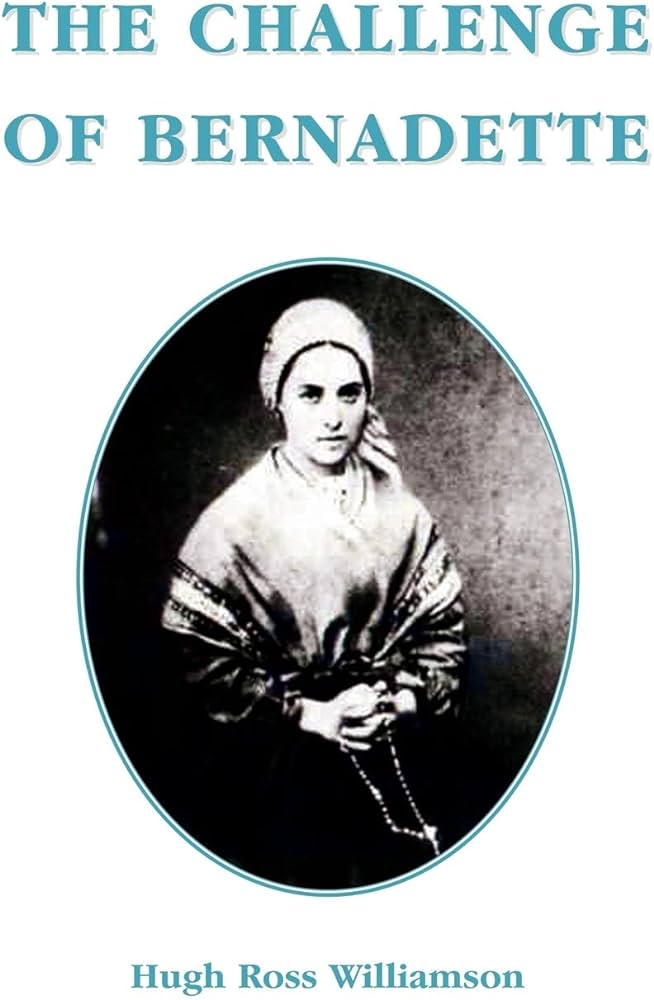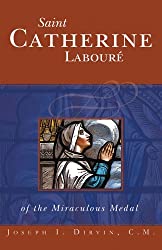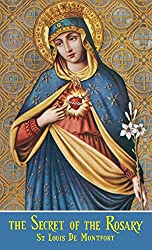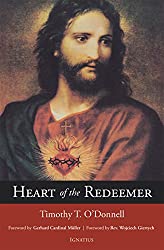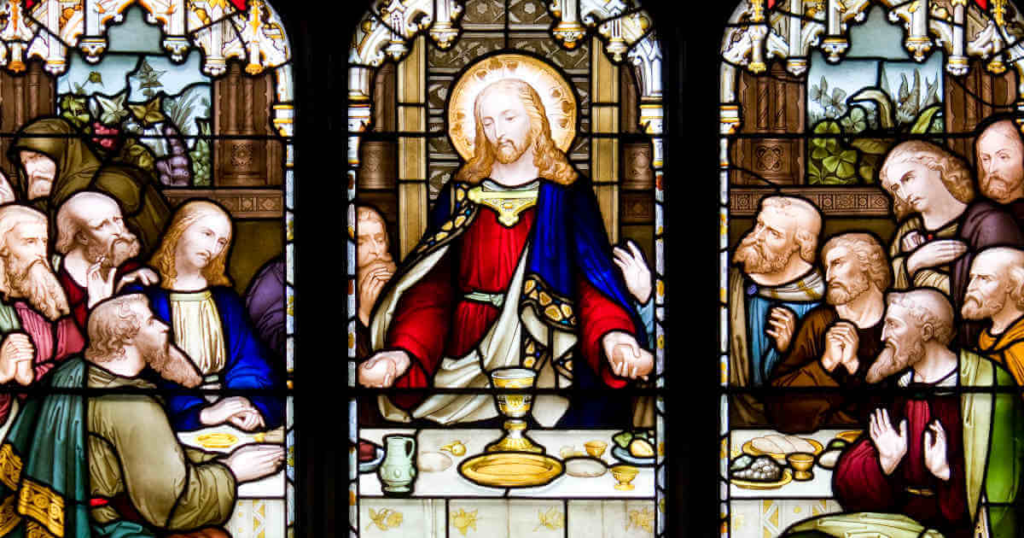
Today, we celebrate the First Friday and the Octave Day of the Most Sacred Heart of Jesus. And on this special day I would like to post something from the Nineteenth Century that speaks in a rich and moving way, of how devotion to the Sacred Heart of Jesus came to be.
But first, there are things weighing on my soul, and I will try to express something of them, here. When I look at what God has done for us, and how we respond to Him, I am so deeply saddened.
My heart feels broken.
For, He died for us, each and every one of us. Yet, most people don’t seem to know or even care.
I feel pain that His Heart suffers and bleeds continuously, because we forget Him. We forget how much He loves us.
I feel pain that His Blessed Mother and ours, weeps plentiful tears. And Her Heart, like His, is pierced, as She watches us forget.
And we are going down, sinking into the abyss of materialism and atheism – whilst the beautiful world, which God gave us to steward, is being destroyed, along with our souls.
Ecologically, the world is being consumed … and that very same atheistic, materialistic culture thinks this is simply a matter of carbon footprints!
We have abandoned our God, our Creator, our Father and our Friend. And He suffers for us and because of us, day in day out, as His Heart bleeds.
But, whatever our demise, His Heart will still triumph. For His Heart never ceases to love.
And it is love that triumphs over everything. For love can never die.
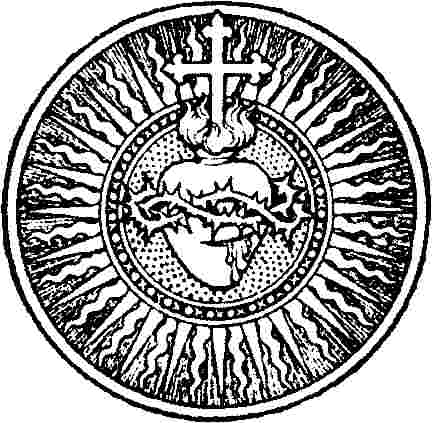
The Church today often gives the impression that we can sit back and be loved, like a baby, for all and everything we do. We are given the impression that we no longer need to make an effort.
Yet, love is not something easy. It requires great effort and commitment, in order to make adequate return.
And this is what the Sacred Heart of Jesus is asking of us – to make Him a return of love, worthy of Him.
He is asking us to make acts of reparation, for the sacrileges and indignities He has suffered at our expense.
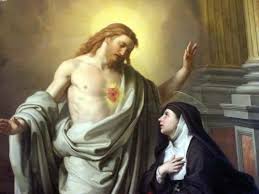
This is what devotion to the Sacred Heart is about. And this is what He came to say to St. Margaret Mary Alacoque in the Seventeenth Century.
I write these things because they weigh on me constantly and because I long for people to see how much God loves us – so much so, that He sacrificed His life for us.
And, I wish that people could see how much He longs for us to return that love, not by sitting back and doing nothing, but by repairing the damage – by offering ourselves to Him, through prayer, thanksgiving and sacrifice.
And it is with these things in mind that we now come to this beautiful account of how the Devotion to the Sacred Heart of Jesus came to be.
Written by the French Bishop Emile Bougaud, during the late Nineteenth Century, the text is taken from his biography of St. Margaret Mary Alacoque.
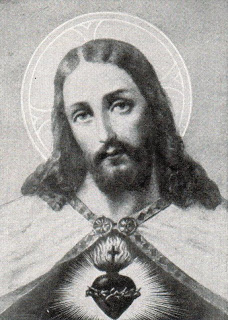
It is a very brief, poetic account of history, written in deeply pious language. The Bishop looks at history from a spiritual perspective and focuses on the way in which God responds to His impoverished children, ourselves.
He covers those periods, where there was rejection of Church teaching, from the Fourth century to the Seventeenth. And, of how Divine Providence responded, or intervened.
It is in this light that he brings us to the small French town of Paray-le-Monial, where the Sacred Heart of Jesus appeared to St. Margaret Mary. And there, Our Lord requested that she spread devotion to His Most Sacred Heart.
Here then, is Bishop Bougaud:
One day, from the depths of His eternity, God looked upon man …
God was captivated. He loved man. He loved him even to passion, even to folly. He loved him so far as to make Himself man, in order to bridge those distances which, of whatever nature they may be, are insupportable to love. God loved man even to suffer and to die for him.
Yes, He who hangs there on that gibbet, His hands and feet pierced, His Heart opened, is God!
And what is He doing there? He is suffering, He is dying, through love; yea, He is dying of love!
This is what the Church is commissioned to teach to man. This is the price of his regeneration. Outside this we find only feebleness of heart, shipwreck of morals …
This love of God for man is so great, so prodigious, that it has become a scandal to the world.
It is the old and universal stumbling-block, the final reason of all schisms and all unbelief.
If Arius, for example, separated from the Church, it was because he could not believe that the Man, who had one day appeared in Judea could, without certain equivocal expressions, without exaggeration, be truly styled the Only Son of God …
Nor could Nestorius admit that the Eternal Son of God had reposed in the womb of an humble virgin, that he had been nourished with her milk, and the He had called her mother!
Luther and Calvin – why did they break anew the unity of the Church? Because they could not believe either in the tribunal of reconciliation, that is, in mercy that makes no account of ingratitude; or in indulgences, that is, in one of the most tender industries of the Saviour to supply for our ever-recurring insufficiencies; or in the Holy Eucharist, that is, in His constant abiding with those whom He loves …
Man’s egotism, incapable of loving, sinks under the weight of such mysteries; and the Church cannot draw from him this cry that would transfigure him: Et nos credidimus charitati quam habet Deus in nobis: ‘Yes, we believe that God has love for us.’ (1. John iv. 16).
But precisely because the work is formidable, because the Church seems at some moments to bend under the weight, God comes to her aid by some master-strokes …
Thus, for example, when Constantine ascended the imperial throne, the early persecutions passed …
When arose those cold-hearted doctors whom we have already cited, Arius, Nestorius … when old pagan sensualism was slowly penetrating the Church – at that moment the earth opened, and from her bosom came forth the instruments of the Passion of Jesus Christ: the Cross on which He died, the Nails that pierced His feet and hands, the Crown that wounded His brow, the Lance that opened His Heart.
The world was providentially roused to new life by contact with those sacred trophies of the Passion.
And who was the privileged creature to whom God gave this great mission of reviving the world in fourth century? A woman – the pious Helena, the mother of Constantine, the imperial Liberator of the Church …
It was, then, a woman, a wife, a mother, who, in the fourth century, received the mission to revivify the world by holding up to it the Cross of Jesus Christ; and, in fact, she succeeded.
The great devotion of … the Middle Ages was devotion to the Cross … During five centuries, from St. Helena to St. Louis, the world, rewarmed by contact with the Holy Cross on which Jesus Christ had died, could utter the conquering cry: ‘Yes, we believe in God’s infinite love for man!’
But it was not difficult for an observer to see that this devotion, owing to human infirmity, would soon be insufficient to support a flame that had evidently begun to flicker …
A symbol more touching than even the Cross had become a necessity, something that would sink more deeply into hearts.
Then, in the solitude of a Belgian convent, God appeared to a privileged soul, and gave her the mission to turn all eyes and hearts to the Holy Eucharist, and to ask from the Church some new manifestations of homage for this august mystery.
And who was the favoured creature predestined to revive the world in the thirteenth century, and to be what we shall call an extraordinary agent of love? Again a woman, and this time a virgin!’
(The Bishop speaks here of St. Juliana of Corrillon, who was the nun whose visionary experience brought about the Feast of Corpus Christi. Back to the story … )
Then Gothic cathedrals rose as if to be triumphal arches in honour of the Holy Eucharist.
From their hallowed precincts came solemnly forth those beautiful processions of the Blessed Sacrament of which we know; and the world, reanimated and transformed by the warmth of the devotion, began its march anew, the cry of victory upon its lips: We believe in God’s infinite love for us.
Three centuries rolled by! Suddenly there sweeps over the Church a current icy cold, freezing.
Luther appeared, and denied infinite love in its most tender manifestations. Calvin followed, and suppressed the Eucharist. Jansensius arose, and, though not denying the Holy Eucharist, taught the Faithful to abstain from it with the most profound respect.
Books on, or, as we should say against, frequent Communion were written, and treasures of learning were called into play, in order to teach the Faithful that Jesus Christ established the Divine Sacrament that they might receive it as seldom as possible. Faith in infinite love grew weak throughout the world; coldness was everywhere felt.
O my God, my God! What art Thou now going to do? By what ingenious device art Thou going to reanimate souls? What secret remedy hast Thou in reserve for times so sad? …
To reanimate faith and piety, God again chose a woman, a virgin …
With divine art he prepared the chosen virgin for her mission …
When one night she was plunged in ecstacy … all aglow with interior fire, a celestial radiance, visible to her alone, arose above the altar. In it she perceived … the adorable person of Our Lord Jesus Christ!
When, at last, she ventured to fix upon Him her eyes … she saw the Saviour’s breast resplendent, and His Heart sparkling like a sun in the midst of flames.
And hark, a voice addressed her:
“Behold the Heart that has so loved men, even to consume Itself for them!”
She saw the wounds of society healed by degrees through contact with this Divine Heart; and the Church, rewarmed, reanimated by the rays of this furnace of love, resume her triumphant, benevolent march through the world.
And whilst Bishop Bougaud describes this situation occurred three and a half centuries ago, do we not experience a similar situation now, different, but similar, where fervour and reverence towards the Holy Eucharist and His Most Sacred Heart is growing cold?

In fact we have a far greater exodus from the faith, then ever. And what response from Heaven?
Perhaps, we could say, that with the mighty efforts of H.H. Benedict XVI, to restore tradition, through the Latin Liturgy and the New English Translation, that God was intervening. That He was, through His Vicar on earth, indeed interceding, to vivify the faith.
And I will add to this – I implore you, each of you reading my words, look to the Devotions to the Sacred Heart of Jesus. Look to how He loves us and at His passionate words, articulating His love.
Pray the Holy Hour, observe the First Friday and worthily celebrate the Feast.
Not only will you greatly please Our Lord, you will receive abundant graces.
And knowing how much Our Lord and Saviour does love us, can we not make a worthy act of return, love for love? That we may all cry; “O Sacred Heart of Jesus, how we love Thee.”
Foreword for Monarchy by Roger Buck
Buying Books at Amazon Through These Links Gives Us a Commission. This Supports Our Apostolate. Thank You if You Can Help Us Like This!

